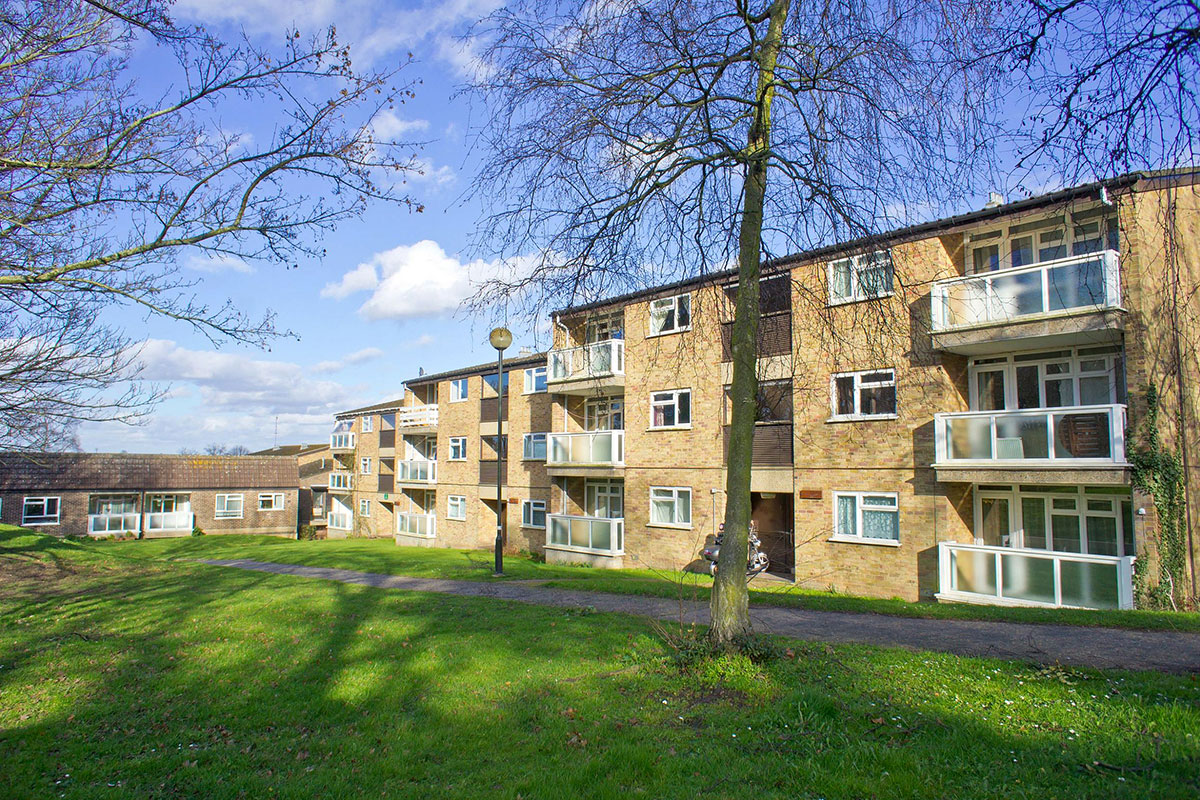You are viewing 1 of your 1 free articles

Emily is an established senior leader in the social housing sector, most recently assisting Mount Green Housing Association as an ...more
Why the social housing sector needs to embrace data management
Failures in data management have been found in the chain of events that caused some of the worst recent failings in the housing sector, with deadly results. Emily Orme makes the case that data needs to be much higher up the agenda for social landlords
The devastating fire at Grenfell shed a spotlight on the harsh conditions of social living. Then the tragic death of Awaab Ishak highlighted the failings that exist across the sector, including mouldy, damp homes, neglectful practices and a lack of communication.
In its wake, the sector has been doing some soul-searching to identify what went wrong in each instance. But perhaps what is required – and what is not yet happening – is a search to identify a common theme from the problems that are occurring: data management and integrity.
“Without accurate, well-managed and well-resourced data systems, social landlords are far more likely to make mistakes and miss key issues that need addressing on both macro and micro levels”
The bigger an organisation, the more sophisticated and complex the systems can be to manage the various responsibilities, service deliveries and activities that need to be undertaken.
The social housing sector has always strived to do more in terms of community outreach, providing value for money, delivering side benefits around tenant support and community development. This is as it should be.
But that comes at a price: the financial cost of IT and other systems to support that work, human resources and investment, and the multiplicity of data-gathering, management, processing and analysis that is required.
Customer segmentation, pigeon-holing, pivot tables, breakdown. It all comes from the core data held by social landlords. The data has to be gathered and input manually at some point, whether by the tenant via an online portal or an officer completing a form. The human element is unavoidable.
Then there are the many different software packages available to manage different activities. Some can link up with each other, some cannot, some can flow data from A to B but not the other way around. At the same time, social landlords are using contractors, consultants and other third-party organisations that also share, store, process and manage data belonging to and/or provided by the housing association.
“Data protection, management and processing is often sidelined or put on the backburner in favour of ostensibly more pressing issues of the day”
Awaab’s case included a chronology of various attempts by the toddler’s family to explain to their landlord the circumstances in which they were trying to survive.
The inquest highlighted a key problem: different members of staff dealing with the enquiries could not see all of the relevant data connected with the family and the flat they were living in.
Opportunities were missed. Repairs were not carried out.
The Grenfell Inquiry highlighted a number of attempts by residents to draw attention to problems at the block, with fire escape routes being blocked and concerns over building safety.
There was also the wiping of a company computer that belonged to the firm, Harley, tasked with working on the design of the refurbishment works. This resulted in the loss of key fire safety data, mistakenly believed to be held on the company server.
These failures of data accuracy, data retention and cross-referencing should make board members reassess and realise that data management is not the ‘next’ big thing but is it ‘the’ big thing. Data management and processing underlies everything that social landlords do.
Data-related activity is not just regulated by the Regulator of Social Housing through the annual statements all organisations must make as to their legislative compliance. It is also regulated through the oversight of the Information Commissioner’s Office.
Without accurate, well-managed and well-resourced data systems, social landlords are far more likely to make mistakes and miss key issues that need addressing on both macro and micro levels.
Arguably, if the tenant management organisation (TMO) managing Grenfell Tower, and the local authority that oversaw the TMO, had robust and connected systems in place, as well as clear data management paths and responsibilities laid out for contractors, the outcome could have been different.
There would have been a more timely response to tenants ringing the alarm bells on the safety of the building and better retention of and reference to critical fire safety information around the design of the cladding project.
“Boards need to challenge the information they see more robustly and ask how confident the management team is of the accuracy of information being presented”
Similarly, if the software systems at Rochdale Boroughwide Housing, the association that owned the flat in which where Awaab and his family resided, were more connected, cross-referenced each other, or were simplified and consolidated, the dire circumstances the family were living in may well have been identified earlier and acted upon.
Data protection, management and processing is often sidelined or put on the backburner in favour of ostensibly more pressing issues of the day. But the data social landlords rely on every say is of fundamental strategic importance and operational necessity.
Housing providers neglecting data management can be likened to building homes with sand and asking why cracks appear.
We absolutely must prioritise date management, invest in connected software systems, and challenge our partners, contractors and consultants to ensure they also meet the highest standards of data management possible.
In order to provide sufficient assurance to boards, organisations need to undertake deep and searching cross-referencing exercises, using something akin to ‘two-factor authentication’ of tenant data by checking the data we hold on a regular basis and invest in systems that talk to each other effectively. Boards need to challenge the information they see more robustly and ask how confident the management team is of the accuracy of information being presented.
This two-pronged approach – management and boards working in partnership together to challenge each other – is key. Only then can we begin to create the strong foundations necessary to build the future of a safe and trusted social housing sector.
Emily Orme, chair, Zebra Housing Association; and non-executive director, Women’s Pioneer Housing
Sign up for our asset management newsletter
Already have an account? Click here to manage your newsletters












